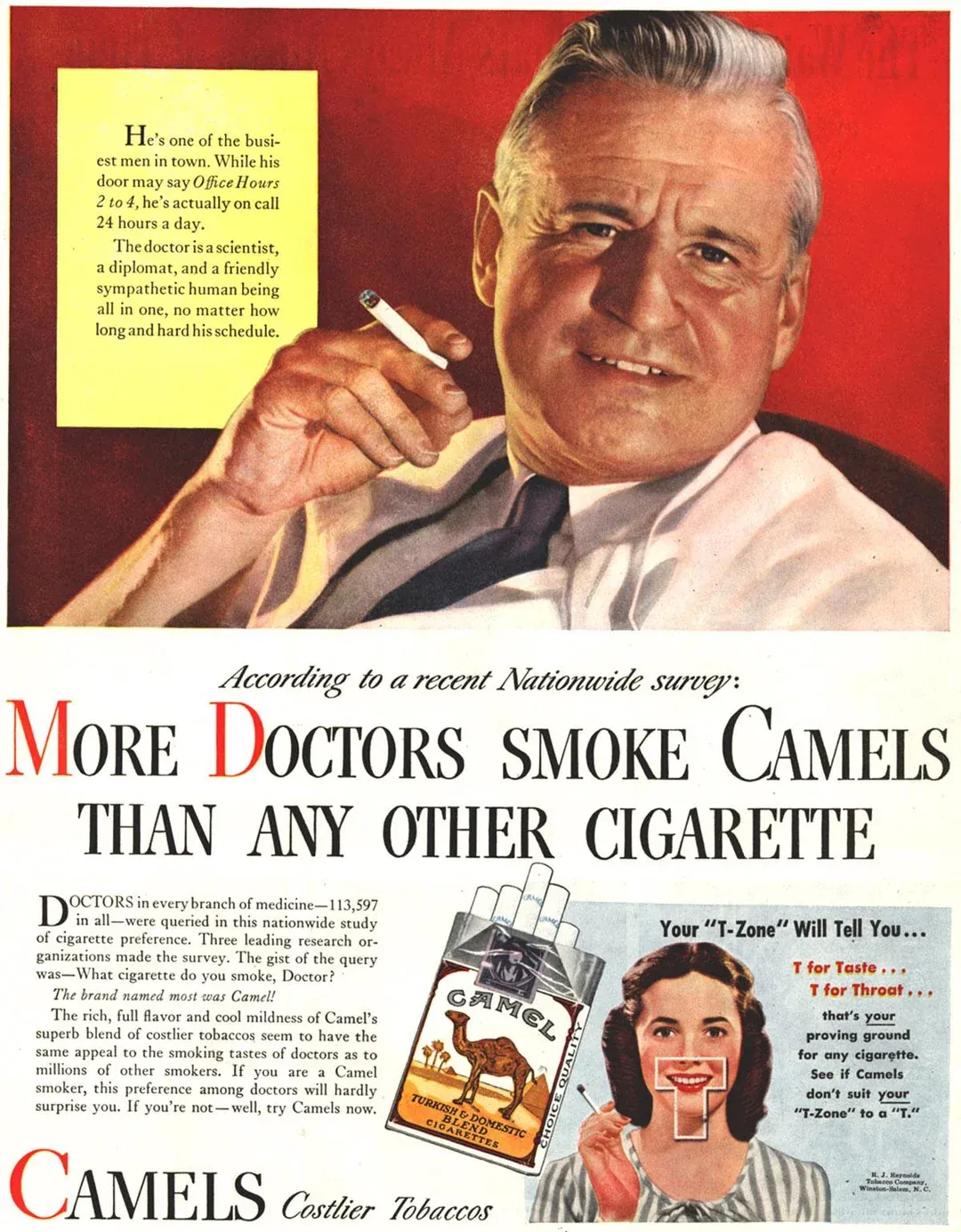What Does It Mean to Be a "Breadcaster"?
The major component missing in the preacher’s life was not the quantity of things but the quality of rich relationships.

Yesterday, we looked at what it would be like to live the American Dream and how one man, the author of Ecclesiastes, had the chance to do just that. We read Ecclesiastes 11:1-6 which says,
1 Cast your bread upon the waters, for you will find it after many days. 2 Give a portion to seven, or even to eight, for you know not what disaster may happen on earth.3 If the clouds are full of rain, they empty themselves on the earth, and if a tree falls to the south or to the north, in the place where the tree falls, there it will lie. 4 He who observes the wind will not sow, and he who regards the clouds will not reap. 5 As you do not know the way the spirit comes to the bones in the womb of a woman with child, so you do not know the work of God who makes everything. 6 In the morning sow your seed, and at evening withhold not your hand, for you do not know which will prosper, this or that, or whether both alike will be good.
A quick scan of these verses indicates they're nothing more than some tidbits of investment information. Put another way, we might substitute the preacher’s words with phrases like, “Diversify your portfolio,” or “Don’t put all your eggs in one basket.” But there is an additional message we should consider.
When you put these words in the context of all the preacher wrote before this point, there is a juxtaposition to what he says. On one hand, it’s simple. Invest what you have so you can see a return. But these words come on the tail of some tremendous regret. So, on one hand, the preacher seems to offer a clear path to financial wealth. But on the other, he recognizes the fruits of such a pursuit are fleeting.
It’s like watching one of those 1970s commercials that market Camels as the cigarette of choice for doctors.

As you do, you will feel this weird paradox wash over you. On the screen, the young man with neatly combed hair sits next to a gorgeous blond woman, each taking a long puff followed by a warm smile. Everything about the scenario seems heartwarming. It’s the ideal life, the American Dream. But as we watch today, we can hardly do so without attempting some verbal warning to viewers of the past. “Don’t do it,” our minds scream. “Smoking will damage your lungs. It will cause cancer!”
And so, with the preacher, we can’t help but read Ecclesiastes 11 without a warning label. Yes, invest. Increase what you have. Diversify your portfolio. But never lose sight of what really matters. As I've read and re-read these six verses over the past fifteen years, I began thinking about the best way to apply them to my life. How could I take the preacher’s advice to heart without turning into the man he became?
The First Step Is to Understand What Bread Is
My first “aha response” came when I considered the nature of bread. The basic premise of breadcasting was simple: Give of what you had to receive something in return.
Where, when, and how a merchant invested told us much about them. It was a statement about what they owned, valued, and the relationships they trusted. To keep it memorable, we could say that bread represented a merchant’s:
- Beliefs | Bread revealed their confidence in the process of investing and their probability of seeing a return.
- Resources | Bread demonstrated what they owned and how they earned their livelihood.
- Energy | Bread symbolized a tremendous investment of man-hours and the thousands of hours that went into filling a ship full of goods.
- Affections | Bread was deeply personal to a merchant because their investment could make or break them.
- Dedication | Bread invested often took months, if not years, to see a return, thus requiring tremendous patience and determination.
Investments came in all shapes and sizes. Sometimes, they were as simple as a goods-for-goods exchange. Other times, these goods were exchanged for a desired service. In more extreme situations, one might invest in exchange for no war and the promise of peace.
To the committed merchant, casting their bread on the waters was a commitment to a lifestyle fraught with risks, uncertainty, and promise. And the same choice merchants in the preacher’s day had to make is a similar one we have today. Sure, we may not have a ship we’ll load with goods to sail overseas, but each person has some measure of bread at their disposal. Everyone has something of value to invest.
When I first considered the bread I had to offer, the thought that came to mind was all the activity I did. Good things like working with clients, podcasting, and writing. Thinking from this perspective, it was easy to see the connection. I invested my time in projects and received a sliding scale of return. Clients became friends, people bought my books, and others signed up for my podcast.
Sure, it wasn’t like I was a savvy investor importing inventory from overseas, but that was the closest comparison I could find. Breadcasting, to me, was about investing in measurable and predictable projects. I exerted a certain amount of effort and saw something in return. This made sense…at first. But then I thought about it more and realized behind every project and goal was an individual. I didn’t just write to write. I wrote to impact lives.
And if relationships were the underlying motivation for everything I did, why didn’t I make them my primary focus? Why was I always thinking, planning, and praying about things I wanted to accomplish instead of focusing on the end result? The longer I read Ecclesiastes, the more I sensed this tension in the author's words. The preacher was wrestling with the same major question.





